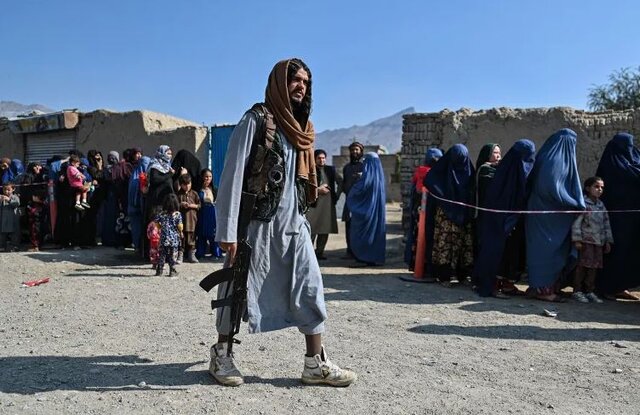RASC News Agency: Following the Taliban’s return to power, the enforcement of Hudud punishments and ethical debates in Afghanistan have continued unabated under their regime. Upon regaining control, the Taliban reinstated Hudud punishments as part of their interpretation of Islamic law.
These actions include various forms of punishment such as public flogging for alcohol consumption, amputation for theft, and other severe penalties. These decisions have sparked global concern and posed significant ethical and humanitarian challenges within Afghanistan.
While the Taliban view these measures as a means to steer society back to its Islamic path, Afghanistani scholars and experts emphasize the need to uphold principles of humanity and justice in the application of laws. The implementation of these punishments has drawn criticism not only domestically but also from the international community, as they conflict with human rights principles and international law.
Despite the criticisms, the Taliban defend these actions as a preservation of cultural authenticity and Islamic values, based on their belief in the correct interpretation of Islam. Nevertheless, many theorists argue that under Taliban rule, the enforcement of laws is outdated and inconsistent with global standards, potentially leading to new tensions and disorders in the country.






